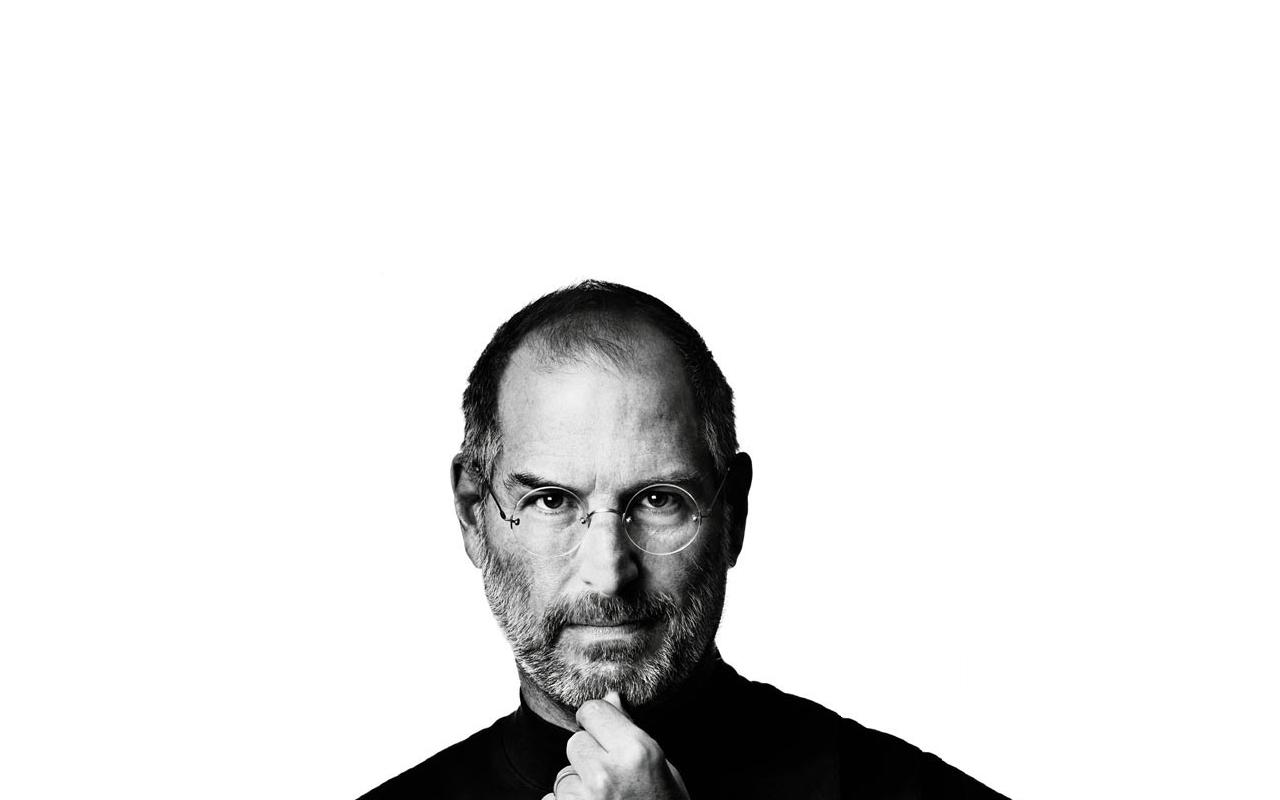The Leader That I Admire The Most
STEVE JOBS
Steven Paul Jobs was an American entrepreneur and business magnate. He was the chairman, chief executive officer, and a co-founder of Apple Inc., chairman and majority shareholder of Pixar, a member of The Walt Disney Company's board of directors following its acquisition of Pixar, and the founder, chairman, and CEO of NeXT. Jobs and Apple co-founder Steve Wozniak are widely recognized as pioneers of the microcomputer revolution of the 1970s and 1980s.
The reason why I admire him is because he is a very innovative person. Innovators change the game rules to reinvent industries. Jobs noticed people were burning CDs on their personal computers from content on-line. The Mac could manage videos and photos but it could not record CDs. Jobs thought he had missed an opportunity in on-line entertainment. But, he rethought the concept and developed an ecosystem that transformed the entertainment industry with iTunes software and the iTunes Store. He made it simple to buy and manage music from one website and store it on an iPod or computer. After the success of the iPod, Jobs made more breakthroughs in operating systems, processing and memory and then figured out how to add wireless voice to create the iPhone.
Next is he's a person who have vision and details. Jobs’ passion was applied to issues both large and small. Some CEOs are great visionaries while others know that God is in the details. In 2000, he came up with a grand vision that the personal computer should become a hub for managing user content. With the hub in mind, he developed different kinds of nodes, launching personal devices. In 2010 he came up with the successor strategy the hub would move into the cloud and Apple built huge server farms to upload and sync content.
Lastly, he is a person who have confidence in himself. When he took the iPhone on a trial run, Jobs found the plastic display scratched easily, so he decided the front needed to be glass. Corning had developed a chemical process in the 1960s called Gorilla glass that was highly resistant to scratches. So, Jobs called Corning's CEO Wendell Weeks and ordered a huge shipment of Gorilla glass for delivery in six months. Corning had stopped making the glass years before and transitioned the factory to LCD displays, so Weeks told Jobs it would be impossible to make the glass in volume. “You can deliver, don’t be afraid,” Jobs insisted. A stunned Weeks unfamiliar with the Reality Distortion Field tried to explain a false sense of confidence would not trump the product's engineering challenges. Yet, Jobs was unmoved. He stared unblinking at Weeks and said, “Yes, you can do it. Get your mind around it. You can do it.” An astonished Weeks called the managers of Corning’s Kentucky facility making the LCD displays and told them to convert to Gorilla glass immediately. “We delivered in under six months,” Weeks said.
 |
| Steve Jobs |
The reason why I admire him is because he is a very innovative person. Innovators change the game rules to reinvent industries. Jobs noticed people were burning CDs on their personal computers from content on-line. The Mac could manage videos and photos but it could not record CDs. Jobs thought he had missed an opportunity in on-line entertainment. But, he rethought the concept and developed an ecosystem that transformed the entertainment industry with iTunes software and the iTunes Store. He made it simple to buy and manage music from one website and store it on an iPod or computer. After the success of the iPod, Jobs made more breakthroughs in operating systems, processing and memory and then figured out how to add wireless voice to create the iPhone.
Next is he's a person who have vision and details. Jobs’ passion was applied to issues both large and small. Some CEOs are great visionaries while others know that God is in the details. In 2000, he came up with a grand vision that the personal computer should become a hub for managing user content. With the hub in mind, he developed different kinds of nodes, launching personal devices. In 2010 he came up with the successor strategy the hub would move into the cloud and Apple built huge server farms to upload and sync content.
Lastly, he is a person who have confidence in himself. When he took the iPhone on a trial run, Jobs found the plastic display scratched easily, so he decided the front needed to be glass. Corning had developed a chemical process in the 1960s called Gorilla glass that was highly resistant to scratches. So, Jobs called Corning's CEO Wendell Weeks and ordered a huge shipment of Gorilla glass for delivery in six months. Corning had stopped making the glass years before and transitioned the factory to LCD displays, so Weeks told Jobs it would be impossible to make the glass in volume. “You can deliver, don’t be afraid,” Jobs insisted. A stunned Weeks unfamiliar with the Reality Distortion Field tried to explain a false sense of confidence would not trump the product's engineering challenges. Yet, Jobs was unmoved. He stared unblinking at Weeks and said, “Yes, you can do it. Get your mind around it. You can do it.” An astonished Weeks called the managers of Corning’s Kentucky facility making the LCD displays and told them to convert to Gorilla glass immediately. “We delivered in under six months,” Weeks said.

Comments
Post a Comment